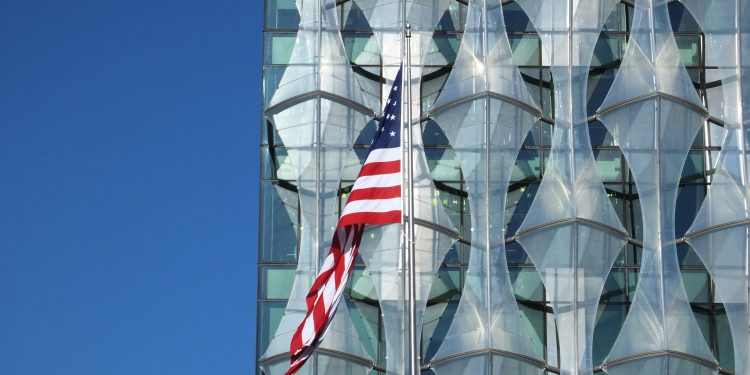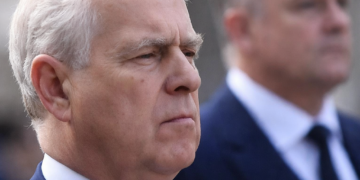The US Embassy’s has made the decision to revoke and deny visas for Indian executives allegedly linked to fentanyl precursor trafficking. This is a major shift in how America is fighting its opioid crisis. By personally targeting business leaders and their families with travel bans, the Trump administration has moved beyond traditional law enforcement and into the realm of economic warfare and personal accountability.
This is an aggressive tactic showing that the United States is no longer content with seizing shipments and prosecuting low-level operatives; it’s now holding corporate leadership directly responsible for their role in what has become a national health emergency. While framed as a matter of national security, this approach raises serious questions about due process, corporate sovereignty, and the new tools being deployed in America’s drug war.
There’s no denying the devastating impact of fentanyl on American communities, with synthetic opioids claiming tens of thousands of lives annually. The moral case for holding suppliers accountable is compelling.

However, the method of using visa revocations as a primary enforcement mechanism creates a dangerous precedent of guilt by association without judicial review. By making entire families “ineligible for travel” based on allegations rather than convictions, the administration is employing a form of collective punishment that circumvents traditional legal protections.
This approach may yield short-term diplomatic victories but risks establishing a framework where executive power can bypass judicial oversight in the name of national security. The question isn’t whether corporate leaders should be held accountable (they absolutely should—but whether visa sanctions should become the default weapon before convictions are secured.
Why It Matters
The embassy’s expression of gratitude for India’s “close cooperation” feels somewhat dissonant with the unilateral nature of these visa actions. This strategy walks a delicate line between international collaboration and economic coercion. While targeting specific companies like Raxuter Chemicals and Vasudha Pharma Chem Ltd., the broader message to Indian pharmaceutical manufacturers is clear: align with US enforcement priorities or face severe consequences for your business and personal mobility.
This hardline approach may effectively disrupt certain supply chains, but it also risks damaging the US-India economic partnership and encouraging other nations to develop similar extraterritorial enforcement mechanisms that could target American executives abroad. The administration must carefully balance its legitimate security concerns with the preservation of diplomatic relationships that require mutual respect and procedural fairness.

















